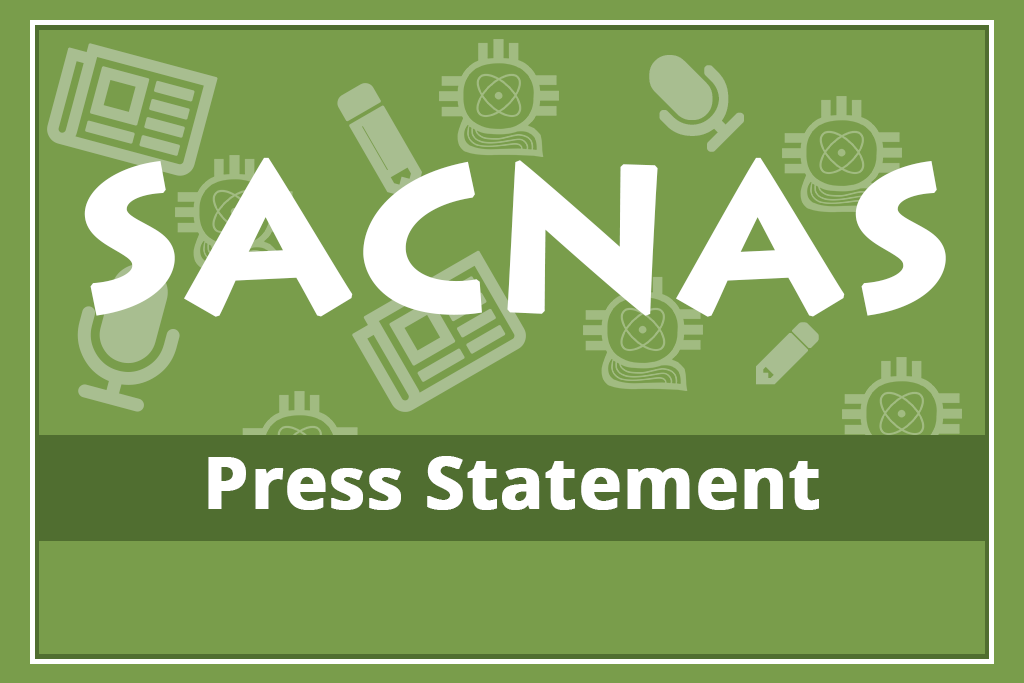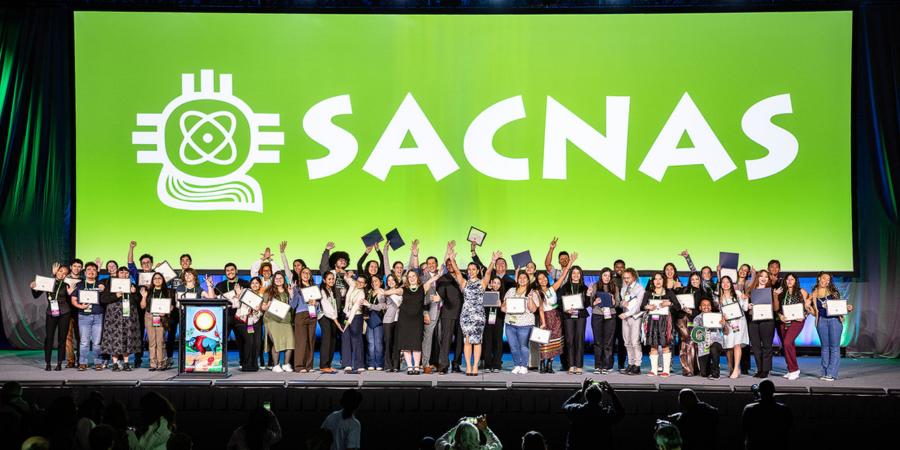WASHINGTON, D.C. — The government shutdown is on day 20 and the closure of federal agencies such as the Environmental Protection Agency and Agency for Toxic Substances and Disease Registry is affecting the future of scientific research, as well as the ability to foster and support diversity within the U.S. STEM workforce. As the leading national STEM diversity organization representing underrepresented minority STEM students and professionals, the Society for the Advancement of Chicanos/Hispanics and Native Americans in Science (SACNAS), urges the presidential administration to quickly resolve the government shutdown which hurts hundreds of thousands of hard-working federal employees— including numerous SACNAS scientists.
“At the core of this shutdown is a manufactured ‘border crisis’ necessitating a wall that does nothing to provide a progressive and compassionate solution to our broken immigration system or promote the values of respect and tolerance that this country was founded on,” said SACNAS Executive Director John Winnett.
SACNAS stands by federal STEM employees and SACNAS students whose work and primary sources of income have been impacted by the shutdown, from furloughs to halted research activity. The shutdown not only hurts those dependent on federal funding to do their jobs, it hurts entire communities and local economies, depriving us from the research, policies, and programmatic work intended to make life better for all, especially marginalized and vulnerable populations.
“The shutdown has a dangerous effect on our ongoing efforts to diversify the STEM workforce. For example, underrepresented minority students working at federally funded or federal labs through STEM diversity initiatives are at risk of disrupting their career and professional pathways in STEM if they don’t get paid. Underrepresented minority students and STEM professionals are already vulnerable within the workforce, making them first and worst affected by these type of events. Therefore, we urge President Trump to desist from funding the border wall so Congress can pass a funding measure to reopen the government and get the country back on track,” said Winnett.
The government shutdown has brought several SACNAS members’ work to an abrupt and unsettling halt. Here are some of their stories. For interviews and questions, please contact Yamila Pino at yamila@prosperolatino.com or (202) 660-1433.
Dr. Lupita Montoya measures air pollution in the Navajo Nation and was working on a time-sensitive study that was awarded an Environmental Protection Agency grant prior to the shutdown. The shutdown not only affects Dr. Montoya’s livelihood, but all the health and quality of life of the Navajo community she serves: “The grant is supposed to partially pay my salary and my graduate student tuition and stipend. It also covers my travel to the Navajo Nation, which I must do in order to get a Pilot Study done this winter season. The funds are not available, but I must keep moving the project forward as it is time-sensitive. I have to a find way to continue our project. Otherwise, we will miss the heating season and have to wait another year,” Dr. Montoya said.
Dr. Evelyn G. Reategui-Zirena works as a toxicologist for the Texas Department of Health’s Health Assessment and Toxicology program. Dr. Reategui-Zirena reports that while she did get paid at the beginning of the month, that might not be the case come February. However, her greatest concern is not being able to do her job: “My program, Health Assessment and Toxicology, receives funding from Agency for Toxic Substances and Disease Registry (ATSDR) and I work with people from EPA and ATSDR on a daily basis regarding Superfund Sites. Since they are not in the office because of the shutdown, I haven’t been able to perform my duties fully nor move forward on my projects. This not only affect my ability to perform my job, it hurts communities across the country. The Superfund Program is designated to clean up contaminated sites to protect both the environment and our public health. Our job is to use EPA data to determine if a site presents a public risk. The shutdown keeps me and other colleagues across the country from accessing this data. This means postponing public meetings and having to wait longer on document reviews,” Dr. Reategui-Zirena said.
About SACNAS
SACNAS is an inclusive organization with over 45-years of experience fostering the success of Chicanos/Hispanics & Native Americans, from college students to professionals, in attaining advanced degrees, careers and positions of leadership in STEM.
SACNAS serves approximately 6,000 members, a larger community of 20,000, and with 115 SACNAS student and professional chapters throughout the U.S. and Puerto Rico.



